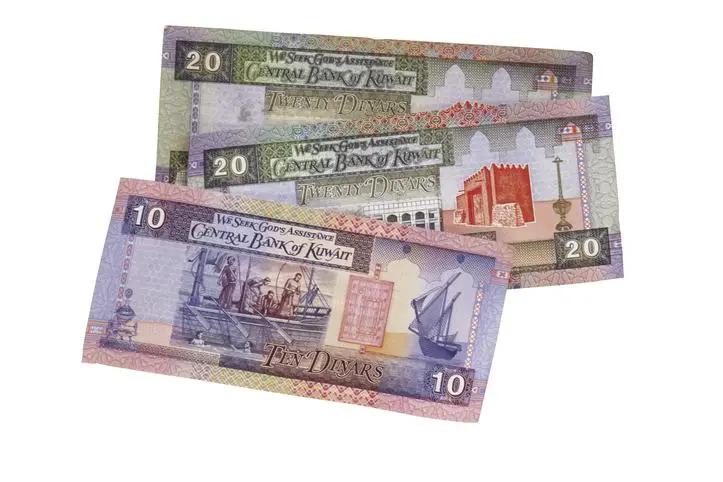PHOTO
DUBAI - Kuwait has cut 945 million dinars ($3.09 billion) in expenditure from its budget for the 2020/2021 fiscal year, the head of a parliamentary committee said on Tuesday, adding workers' rights, benefits and subsidies would not be affected.
The small oil-rich Gulf country is seeking to save money while facing a deficit of 14 billion dinars this fiscal year, which began on April 1, amid the twin shock of the oil price crash and coronavirus pandemic.
The head of the budgets and final accounts committee, Adnan Abdulsamad, also said, however, that the deficit could be lower as it was based on an oil price of $30 per barrel, which has since somewhat recovered.
To bolster its finances, the government is trying to pass a debt law that would raise Kuwait's debt ceiling and allow it to tap international investors. But lawmakers want to see plans to reform the economy and shift its heavy reliance on oil, which made up 89% of revenues last fiscal year.
"As a result of the current crisis, the ministry of finance has amended the estimates for the 2020/2021 budget, with revenues estimated at 7.5 billion dinars and expenditures at 21.5 billion dinars," Abdulsamad said, according to parliament's Twitter account.
In January, Kuwait expected spending of 22.5 billion dinars and revenues of 14.8 billion dinars in the 2020/2021 budget.
Abdulsamad said surpluses between 1999 and 2019 totalled 50 billion dinars and were transferred to the General Reserve Fund, one of Kuwait's sovereign funds.
But "they were exhausted due to the absence of a prudent approach regarding expenditures," he said.
In June, Kuwait said it would cut state entities' budgets by at least 20%.
"Lawmakers reaffirmed, during a discussion on budgets, the need to reconsider support for (government) bodies, abolish the futile ones, and restructure state institutions in order to limit the state's general budget deficit," the Kuwait National Assembly said on Tuesday via Twitter.
($1 = 0.3058 Kuwaiti dinars)
(Reporting by Alaa Swilam; Writing by Yousef Saba; Editing by Andrew Cawthorne) ((Yousef.Saba@thomsonreuters.com; +971562166204))





















